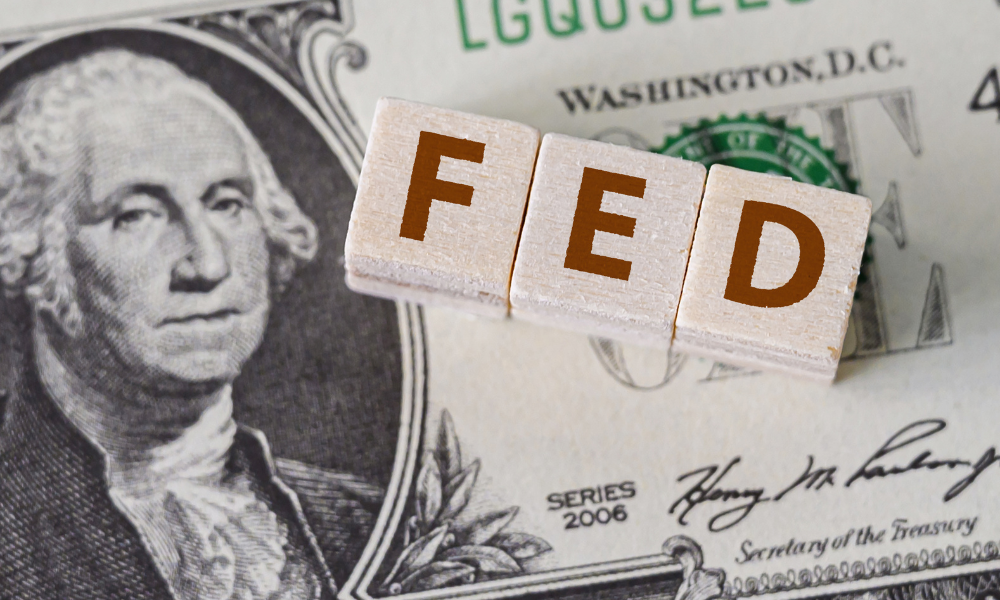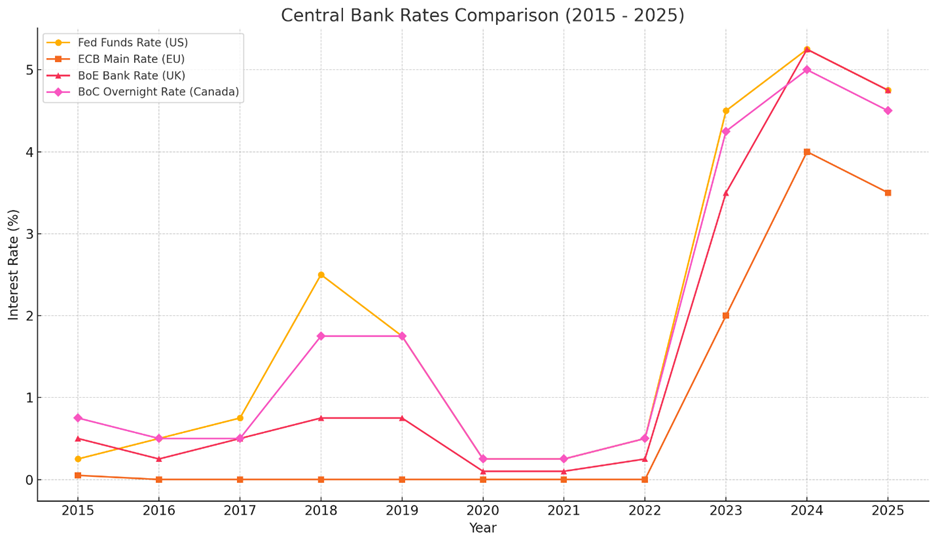

Market participants and advisors remain divided on the Fed’s role and its influence over economic conditions, even as officials signaled two rate cuts later this year and flagged ongoing concerns over inflation, tariffs, and consumer demand.
For Thomas Bartholomew, President of Bartholomew & Company, the Fed’s caution is both appropriate and reassuring.
“I fully believe the next Fed move is to reduce interest rates,” Bartholomew said. “Now that the next Fed movement will be lower—I hope the next Fed movement is not higher. That would be a bad thing for a lot of people.”
Bartholomew lauded Chair Jerome Powell’s steady messaging and rejected criticisms of opacity.
“I think Powell tells us the truth all the time. Maybe not the whole truth, but that’s not his job,” he remarked. “Under pressure, he’s been quite remarkable and consistent, and as transparent as anybody else has been.”
In Bartholomew’s view, Powell’s disciplined communication has helped anchor market expectations and sustain confidence during periods of uncertainty.
Not all industry voices see the Fed as pivotal. Mark Hebner, founder of Index Fund Advisors, took a contrarian stance, emphasizing that the Fed’s actions tend to follow—not lead—the market.
“The Fed does not matter. The market drives interest rates, and Feds make adjustments after the market has already adjusted,” Hebner asserted.
Referencing the efficient market hypothesis, he argued that securities prices already reflect global expectations, leaving the Fed’s influence marginal at best.
“Security prices of stocks and bonds include all available information and forecasts from all traders in the world,” he added. “The Fed may adjust interbank rates, but broader market forces dictate interest rate trends.”

Others, like Michael Henley, CEO of Brandywine Oak Private Wealth, praised the Fed’s pause as a strategic move to maintain room for maneuvering.
“Rates are kind of higher than they typically are, so the fact that they can cut rates, stimulate economic growth—we think is very attractive,” Henley said. “We think the pause makes a ton of sense.”
Henley viewed the Fed’s current posture as a safeguard, ensuring it has the tools to respond to potential softening in growth or labor market conditions later this year.

A drop in interest rates and easier access to capital has reignited appetite among private equity-backed consolidators, who accounted for 53% of RIA deals so far this year- their highest share since 2021 according to Devoe & Company.

Also, Advisor CRM announces a new data integration partnership to ease the pain of client onboarding.

Meanwhile, Merrill Lynch intends to continue building its alternative investment platform for wealthy clients.

The co-founder of IFG discussed with InvestmentNews the unique opportunity that remaining independent offers to build a successful firm.

Three industry leaders will join the hybrid RIA's president and LPL alum, Andy Kalbaugh, to help guide its organic and merger-based growth strategy.
Orion's Tom Wilson on delivering coordinated, high-touch service in a world where returns alone no longer set you apart.
Barely a decade old, registered index-linked annuities have quickly surged in popularity, thanks to their unique blend of protection and growth potential—an appealing option for investors looking to chart a steadier course through today's choppy market waters, says Myles Lambert, Brighthouse Financial.
